Publications
Articles, publications, books, tools and multimedia features from the U.S. Institute of Peace provide the latest news, analysis, research findings, practitioner guides and reports, all related to the conflict zones and issues that are at the center of the Institute’s work to prevent and reduce violent conflict.
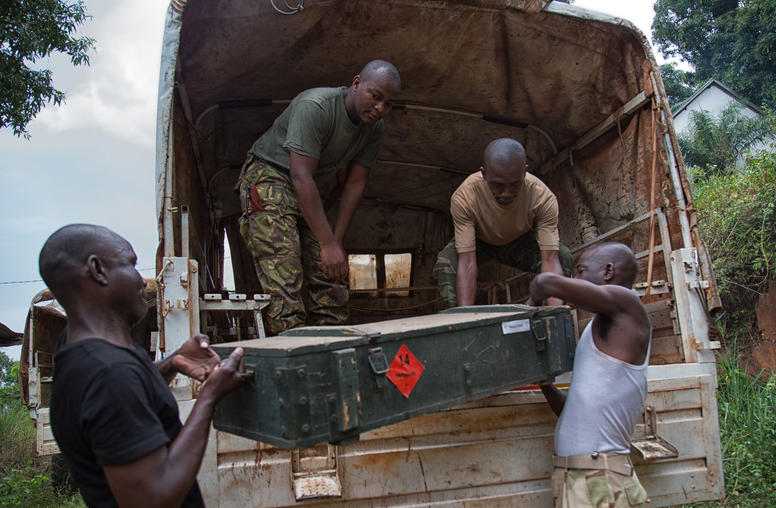
Central African Republic Struggles to Implement Peace Deal
The peace agreement signed in the Central African Republic (CAR) in early 2019 is the eighth in seven years, numbers that suggest how difficult it will be to even attempt to end to the country’s multi-sided conflict. That said, the accord this time was reached after more extensive preparations for talks and with greater international support than in the past, perhaps improving conditions for a sustainable halt to violence that has displaced more than 1.2 million people.
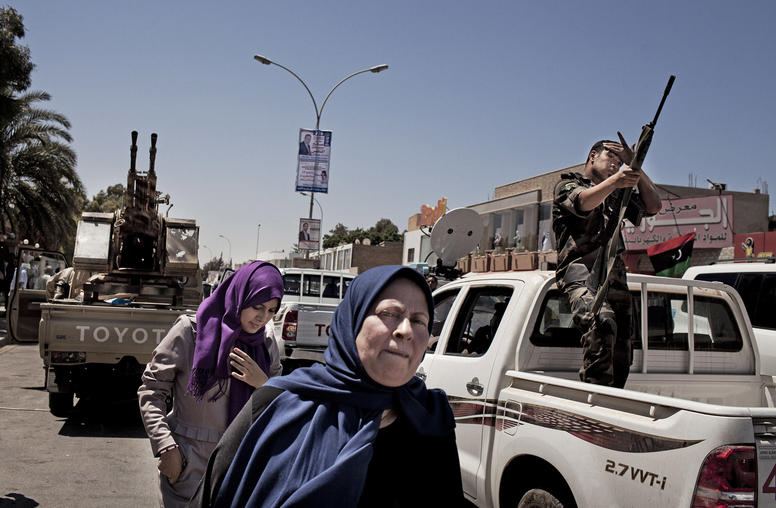
To Help End a War, Call Libya’s Women Negotiators
As Libya struggles to end an armed conflict that has only widened this year, it should turn to a hidden resource: the traditional peacemaking roles of its women. As in many countries facing warfare, women have long played a key role in negotiating or mediating conflicts within families, clans and local communities—but are overlooked by official institutions and peace processes. Amid Libya’s crisis, one such “hidden” peacemaker is Aisha al-Bakoush, a hospital nursing director who has expanded her healing mission from medical illnesses to armed conflict.
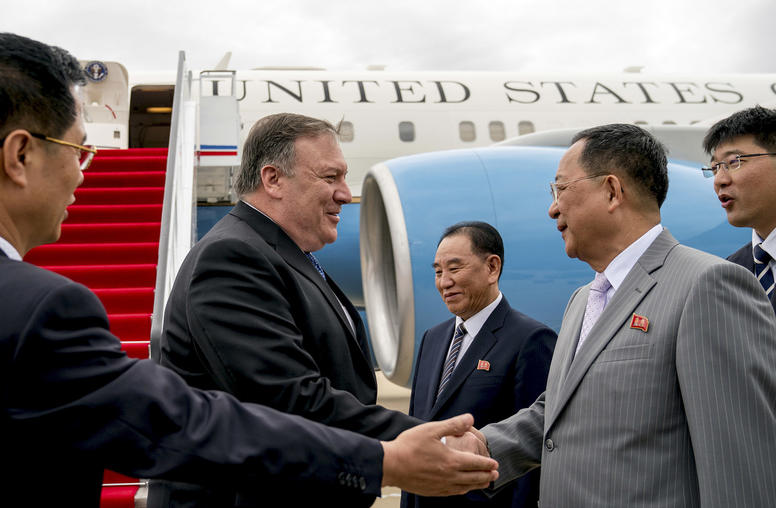
U.S.-North Korea talks just broke down. Here’s what might happen next.
Pyongyang and Washington walked away from the negotiating table in Sweden this past weekend — with divergent statements on the first working-level meeting to be held since negotiations broke down at the February summit between President Trump and Kim Jong Un in Hanoi.
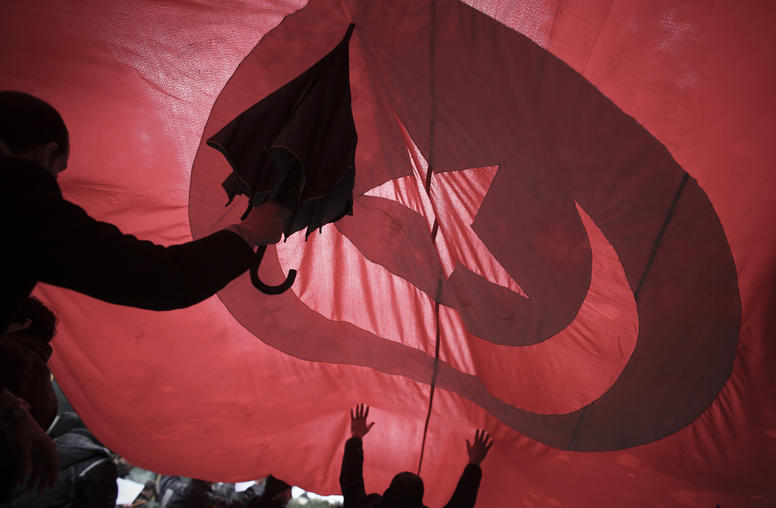
Tunisia’s Split Parliamentary Vote Could Force Unconventional Alliances
Tunisia’s busy election season continued October 6 with parliamentary elections, the country’s third legislative vote since the 2011 uprising that ousted longtime dictator Zine El Abidine Ben Ali. Only a few weeks ago, voters went to the polls for first-round presidential elections. The results of that vote demonstrated Tunisians’ disenchantment with the ruling establishment. This past Sunday’s vote saw a host of new parties and movements voted into parliament, further complicating the formation of a new government. USIP’s Leo Siebert discusses who could form a ruling coalition and how the parliamentary elections could impact the second-round presidential polls on October 13.
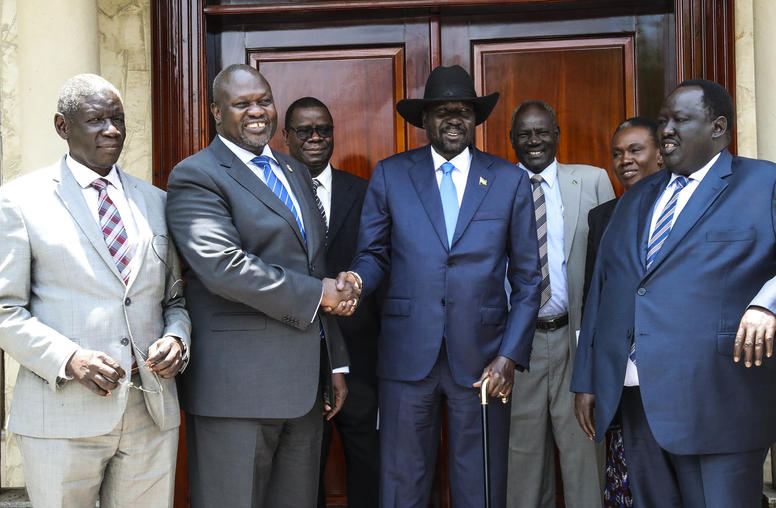
South Sudan: Hope for the Best, Plan for the Worst
With little more than a month left before a new transitional government is set to assume power in South Sudan, efforts to keep the latest peace agreement on track are becoming more urgent, even as most key pre-transition deadlines have been missed and the political will of the belligerents remains in doubt. Given these circumstances, efforts to support the current process remain vitally necessary and thorough planning for the worst-case scenarios is also desperately needed in case South Sudan’s fragile peace collapses.
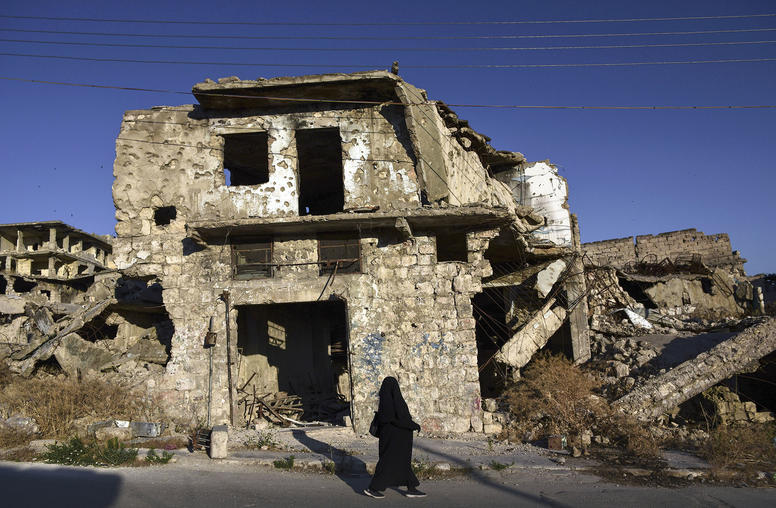
The U.S. ‘Cannot Avoid or Ignore’ the War in Syria
A new, congressionally mandated study on Syria policy urges the United States to maintain a military presence and sanctions pressure against the Assad regime, and to help build alternative governance in areas beyond the regime’s rule. The bipartisan Syria Study Group, appointed by Congress, stresses that ISIS in Syria remains a potent threat to the region and to U.S. national security. The Syria Study Group discussed its report at USIP, which at Congress’ direction facilitated the group’s work.
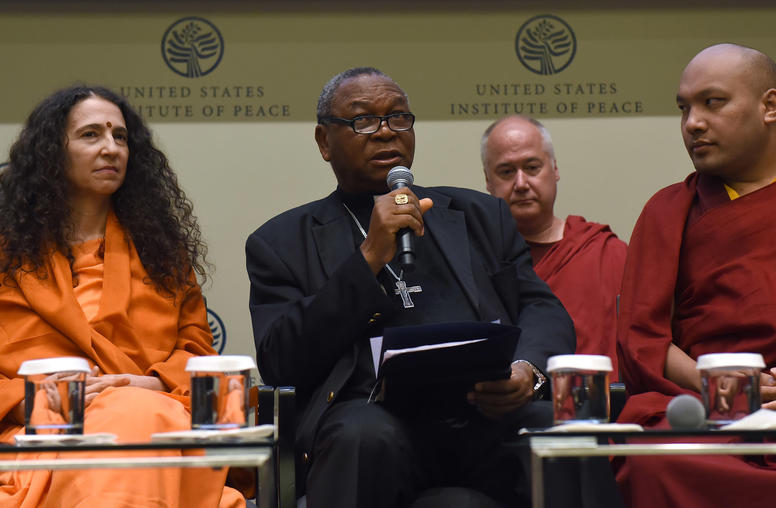
To Defend Religious Freedom, Try Peacebuilders’ Strategies
News headlines in recent months report attacks on places of worship in lands as disparate as Northern Ireland, Syria and Ethiopia. Governments and civil society organizations have expressed rising concern over violence and government restrictions against religion—a concern that was visible in July when nearly 1,000 people gathered at a State Department conference to advance religious freedom. At that conference, some discussions offered a useful idea: that activists and governments might better protect religious freedom by borrowing tactics from specialists in conflict resolution.
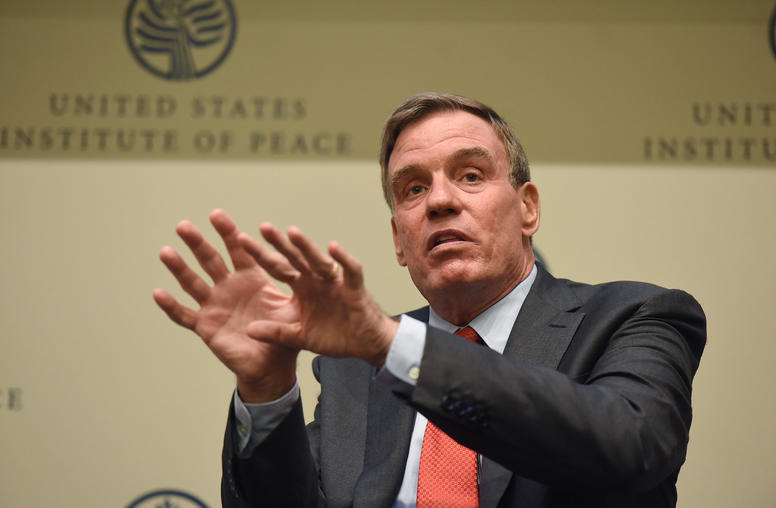
Senator Mark Warner: Meeting the Challenge of China
China today is seeking to erode U.S. power and influence globally through economic, military, technological and political influence strategies, U.S. Senator Mark Warner said. The United States should respond not by reverting to a simplistic “new Cold War” frame, but by bolstering security at home and working with allies and partners abroad to reinforce the existing international order and make America more competitive.
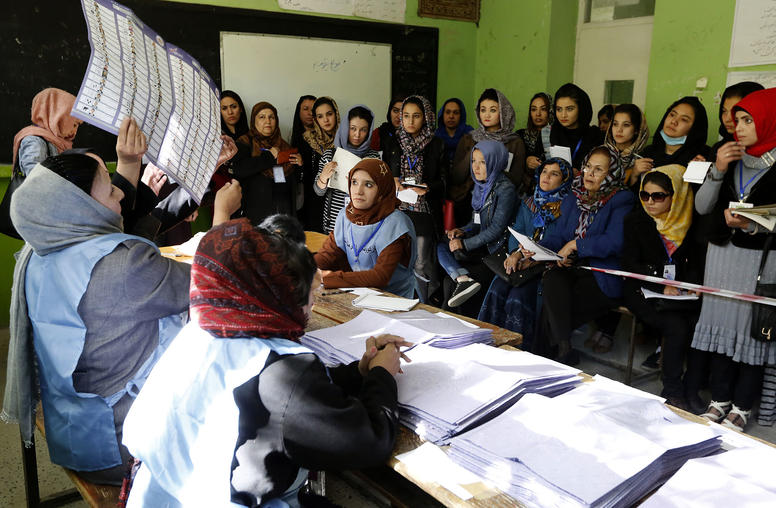
What to Watch for in Afghanistan’s Presidential Election
After several delays, Afghans will finally head to the polls on Saturday to elect their next president. The election comes amid an indefinite stall in the year-long U.S.-Taliban negotiations following the cancellation of a high-level summit earlier in the month. There has been a debate over the sequencing of elections and the peace process for months, but the vote will move ahead this weekend. As with all post-2001 Afghan elections, security risks and the potential for fraud and abuse loom over these polls. USIP’s Scott Worden and Colin Cookman look at how insecurity will impact the legitimacy of the vote and what measures have been taken to combat electoral mismanagement and fraud.
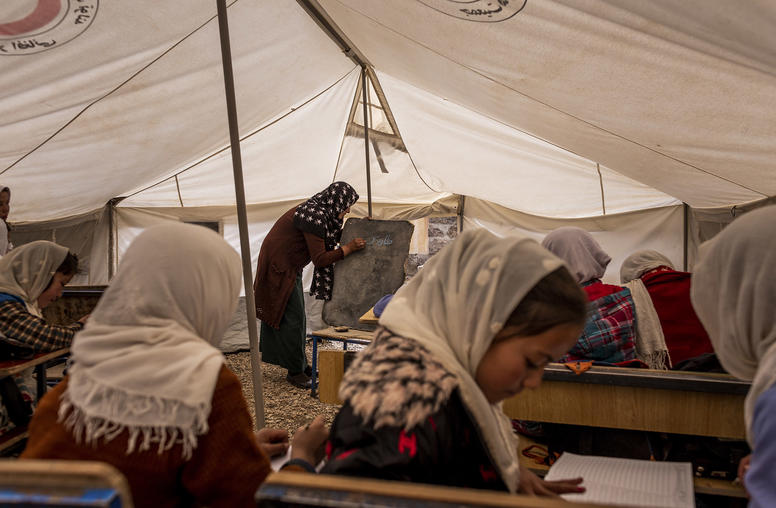
How to push Taliban for compromise? Ask the women doing it.
The halt in the U.S.-Taliban dialogue, plus Afghanistan’s September election, has forced a hiatus in formal peace efforts in the Afghan war—and that creates an opening to strengthen them. A year of preliminary talks has not yet laid a solid foundation for the broad political settlement that can end the bloodshed. While talks so far have mainly excluded Afghan women, youth and civil society, the sudden pause in formal peacemaking offers a chance to forge a more inclusive, and thus reliable, process. Even better, a little-noted encounter in Qatar between women and Taliban leaders signals that a broader process is doable.